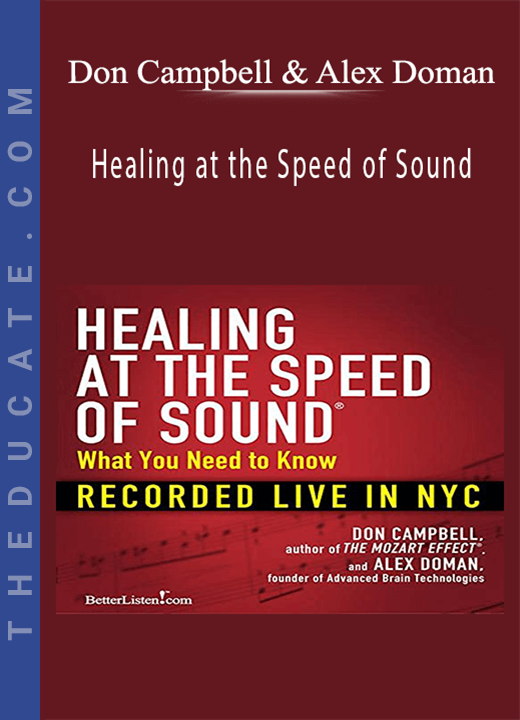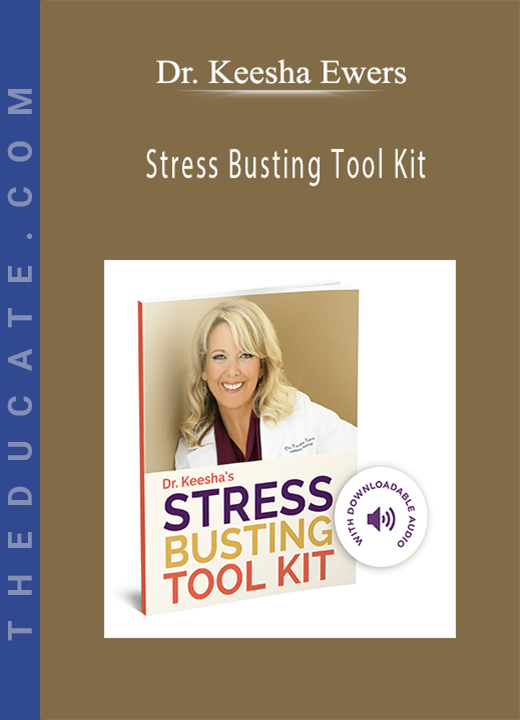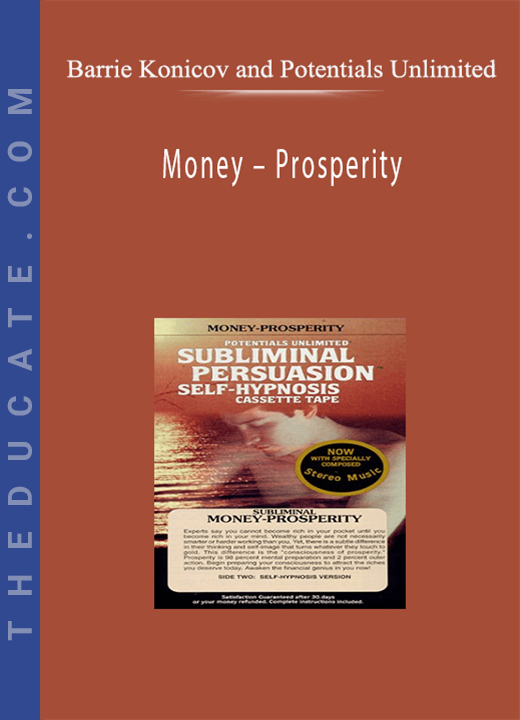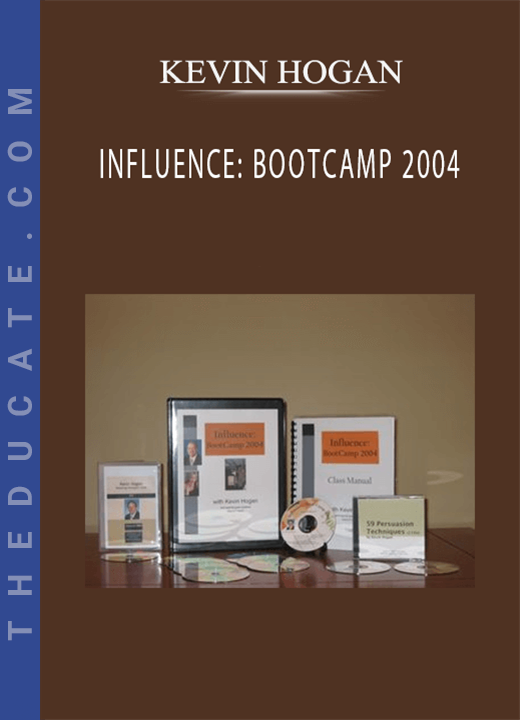Description

Michael Grinder – Super Duper Education Bundle
The Super Duper Educational Bundle: A Cat in the Doghouse, ENVoY, A Healthy Classroom and Righting the Educational Conveyor Belt
A Cat in the Doghouse
It’s time to transform your classroom into a more humane society With A Cat in the Doghouse, the last in Michael Grinder’s Classroom Management trilogy, he proves again why he’s the go-to person in learning how to deal with the difficult and at-risk children in our classrooms today. In this book, Michael uses the analogy of our beloved household pets — cats and dogs — so that we can easily understand what motivates all of our students. The techniques and tools he shares will transform your classroom into a more humane society. Years ago, as a classroom teacher, Michael discovered our “dog” students love the routine of a traditional classroom, while our “cat” students – who love tension and risk – tend to be disruptive when they are bored. Management by power just doesn’t work with our hard-to-reach (cat) students. With A Cat in the Doghouse, you will learn what does work to create a happier, safer classroom. “Michael Grinder has given us the management skills needed to successfully reach the hard-to-reach students — we have to reach them to teach them.” -Pearl Nitsche, Educational Consultant
ENVoY: Your Personal Guide to Classroom Management
What is the ENVoY program? ENVoY is a vehicle to shift educators from seeing themselves as bastions of Power to instruments of Influence. When used by cadres of instructors within a school, this material brings out the professional strengths of all the members involved. We need to elevate ourselves from within… we need systems which enable us to profit from the wealth of abilities that lie in insular classrooms. It is only through sharing and supporting processes that the collective wisdom of the staff emerges. What is the ENVoY book? This is Michael’s best-selling book for teachers about classroom management techniques. Widely used in the U.S., Europe, Australia, Asia and Latin America. This book is a collection of 31 techniques that teachers use. By becoming aware of them, the teacher can use the techniques on the days when he or she most needs them. Chapter 1 is a summary of the seven best techniques of all 31. The 31 skills are presented in forms that the individual teacher can fill out on him- or herself, and these same forms are re-written as peer observation competency sheets. This allows for peer coaching – the single fastest way to increase professional growth. Chapters 2-5: The book also includes 24 other essential skills, many of them refinements of the Seven Gems. The techniques are mostly non-verbal, and, in spite of their importance, are rarely taught in teacher preparation programs.
A Healthy Classroom
Michael’s classic educational work is ENVoY. It is designed for every teacher because it is the science of classroom management. A Healthy Classroom is the art of classroom management. While ENVoY is a collection of 31 strategies that the teacher applies either when interacting with an individual student or the class as a whole, A Healthy Classroom is designed to help us understand the hardest management situations the teacher faces – when the teacher has to grapple with both the individual and the class at the same time. While teaching the entire class, the teacher often has to quickly assess what to do with an individual student who is inappropriate. Just as troublesome is the situation when the teacher is reprimanding an individual student and the whole class is watching. A Healthy Classroom tackles these group dynamic situations with insight and practical axioms. The first four chapters are written for the first four months of a school year. They are: September
- Class formation
- The six indications of class formation
- The four techniques to accelerate it
- The changing role of the teacher
October
- Reading a class
- Recognizing and utilizing leaders
- The difference between positive and negative leaders
- Reading a class by peripherally watching the barometers
- The essential role of liaisons in the classroom
- How to determine the values of the class, and which students to promote who will add any missing values
November
- Stages of Irritability
- How to respond when the class is irritated with a student
- When to ignore inappropriate behaviors
- When to save and protect individual students
- Why not to counsel a bully
- Methods for increasing and decreasing the status of a given student
December
- Seasons of the school year
- How each student’s identification with the rest of the class changes
- How to accurately interpret collective voice volumes
- How to know on the chaotic days if you are a contributing cause
- When to expect the “giggles” and what to do about them
- Strategies to affect seasonal ebbs and flows of your own and the class’s energy
The fifth chapter is the high point of the book. It is basically a checklist of the indicators and benefits of a healthy classroom. Central to the concept of utilizing group dynamics in the classroom is the concept of stereotyping. It is a phenomenon that can’t be prevented, but there are ways to direct this innate occurrence so that positive benefits are gained. A must read for ambitious teachers and administrators who realize that outstanding teachers have a right and need to professionally grow.
Righting the Educational Conveyor Belt
What is it about? NLP in education. This book applies the techniques of Neuro-Linguistic Programming (NLP) to the classroom. Learning Styles. It gives ways to identify students’ learning styles (for example, visual-auditory-kinesthetic) and tells how to adjust instructional styles to reach more students. Teacher energy. It gives step-by-step methods for helping teachers maintain their energy during challenging days such as just before holidays, drastic weather changes, picture day. Long term memory. The steps and ingredients to increase both test scores and long term memory. Importance of visualization Visualization is the most important ability a student can have for tests from the 5th grade on. Includes:
- The strategies effective students use
- External signs of students who are visualizing
- How to change and store information into the visual form that is used on tests.
Who is Righting the Educational Conveyor Belt written for?
- Teachers at all levels. The book is useful whether you are teaching 3-year-olds or adults. Especially helpful for reaching students who are at risk for dropping off the “educational conveyor belt.”
- Parents. The implications of the Learning Styles information can help all parents, especially when their children’s learning styles do not match their own.
- Teachers and parents of “kids at risk.”
- Non-verbal methods work best. The book offers non-verbals tips for dealing with at-risk students, such as anchoring with metaphors, and much more. The book will be invaluable to any parent who has wondered, “Where did this child come from?!”
More about Righting the Educational Conveyor Belt
- Based on research. This is Michael’s ground-breaking work on educational teaching patterns.
- Patterns of excellence. By coaching over 100 teachers a month in their classrooms (over 5000 in all!), Michael has elicited patterns of excellent teaching and explained them in practical terms.
- Immediate usefulness. The patterns can be used immediately in both regular and Special Education classes on all levels.
- Compatible with other educational models. The micro level strategies of this book dovetail with and support other models of learning such as multiple intelligences, hemispherology (right brain/left brain), etc.
- Worldwide acceptance. Translated into several languages, with work in progress on further translations.







10 reviews for Michael Grinder – Super Duper Education Bundle
There are no reviews yet.